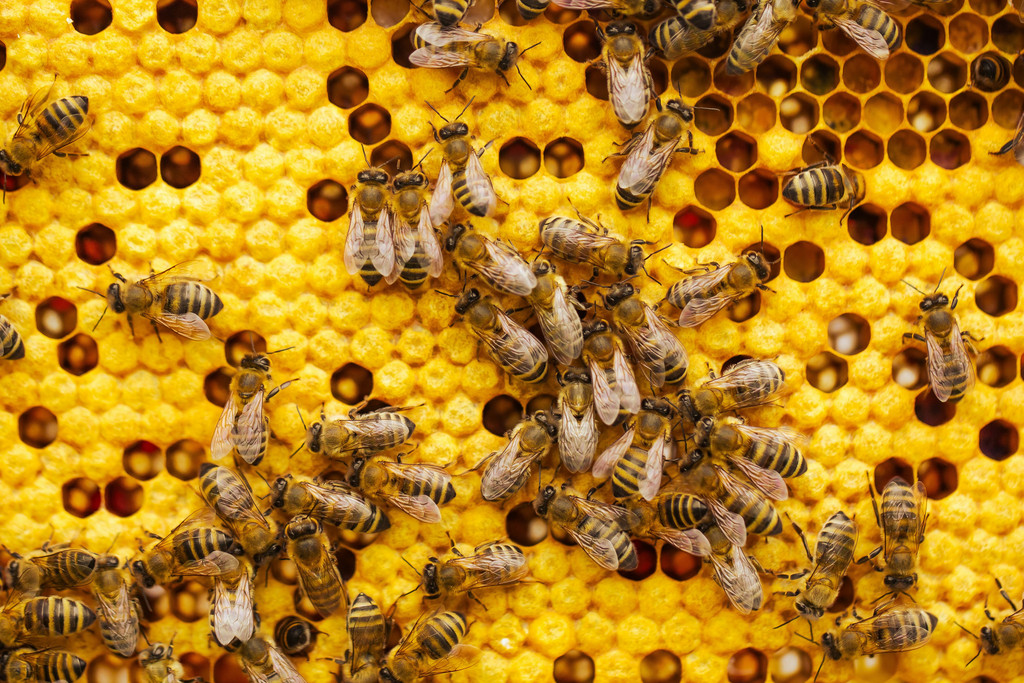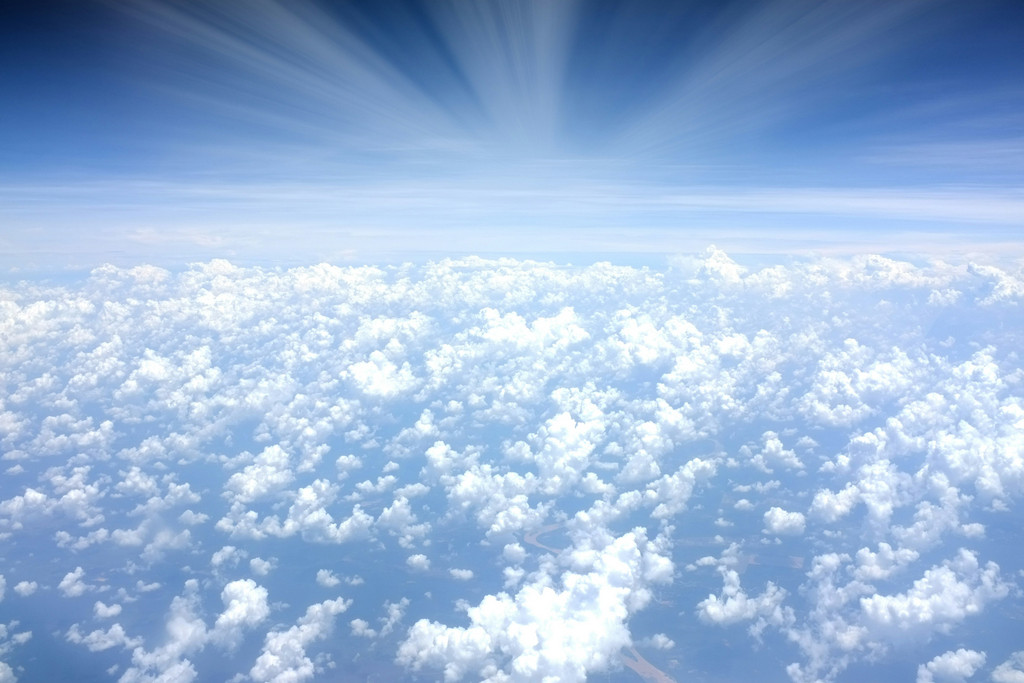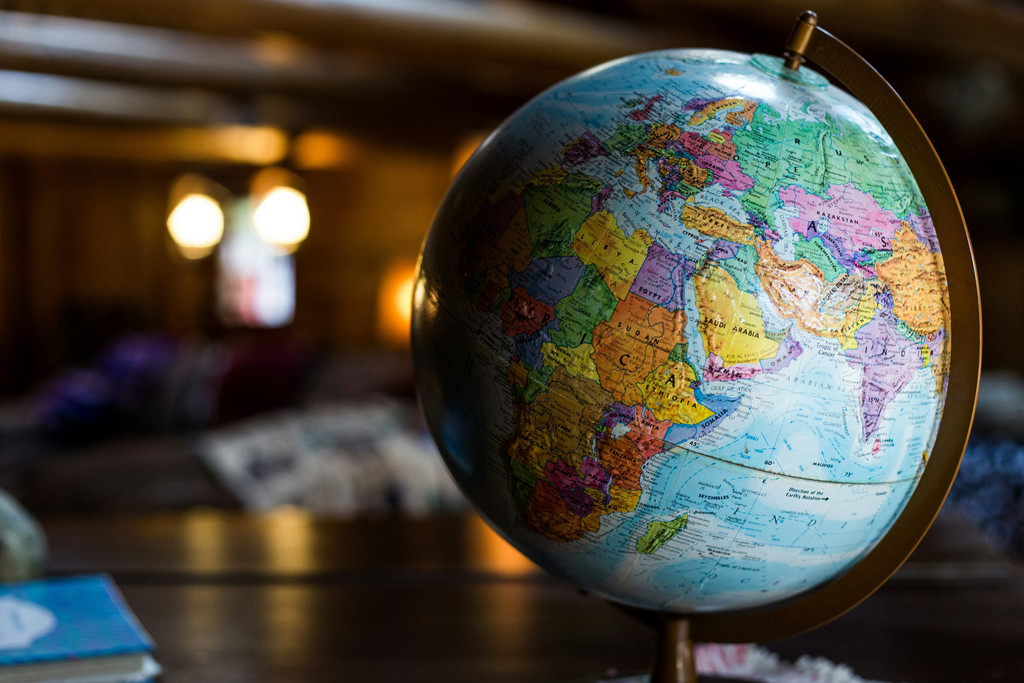He appeared twice – in 1938 and 1990 – in the splendid coffee-table books of the “great Swiss figures”. Jean-Jacques Rousseau was born on 28 June 1712 in Geneva and died on 2 July 1778 in Ermenonville near Paris. However, the country which takes a pride in him today showed a very unwelcoming, even hostile, attitude towards the man who first made democratic freedom possible as a figure who paved the way for the French Revolution. He was only able to spend 19 of the 66 years of his life on the soil of modern-day Switzerland, while the rest of the time he was what would be referred to today as a Swiss citizen abroad had he not constantly been persecuted or sought by warrant.
At the age of 16, he fled from Geneva to Savoy and spent 14 years as the charge of Madame de Warens in Annecy. Mainly musically trained, he moved to Paris in 1742 where he presented a new system of musical notation to the academy. As the secretary of the French ambassador, he lived in Venice for two years and then returned to Paris, where he was a private tutor and music copyist and began a lifelong relationship with the laundress Thérèse Levasseur, who bore him five children.
His path to success was paved by twice winning the Academy of Dijon’s prize competition, in 1749 with his “Discours sur les sciences et les arts” and in 1755 with the “Discours sur l’inégalité”. However, it was his “Contrat social” (Social Contract) in 1762 that had the longest-lasting impact. He begins with the words: “Man is born free and everywhere he is in chains.” The text was immediately banned because of its criticism of all religion, as was the educational novel “Émile”, published in the same year, which had been produced over the previous six years at aristocratic estates around Paris. Only the novel “Julie, or the New Heloise”, published in 1761, was able to circulate freely. This was met with widespread acclaim and inspired Goethe’s “Werther”. “Émile” was publicly burned in both Paris and Geneva while Geneva also set ablaze the “Contrat social” and issued an arrest warrant for the godless author.
Rousseau fled to Yverdon and then to Môtiers, where Frederick the Great granted him asylum. Before he was expelled by Berne, he spent autumn 1765 on St. Peter’s Island in Lake Biel, studying its flora. In 1766, he fled to England where he began to write his radically honest autobiography “Confessions”. From 1768, he lived in France again, sometimes under the alias Jean-Joseph Renou, and he even returned to Paris from 1770 where he was tolerated by the authorities owing to his growing fame. Here he worked until 1775 on the autobiographical dialogue “Rousseau Judge of Jean-Jacques”, which he then tried to deposit at the altar of Notre Dame, because he feared fresh persecution, but he was denied entry. His final work, before he died in 1778 in Ermenonville, was the “Reveries of a Solitary Walker”, in which he once again looked back at his eventful life.
In 1794, sixteen years after his death, the revolutionaries transferred his mortal remains in triumph to the Panthéon, where the President of the National Convention declared: “It is to Rousseau that we owe this salubrious rebirth; he saw the people on their knees, bent crooked under sceptres and crowns, and he dared to say the words freedom and equality.”
Charles Linsmayer is a literary scholar and journalist in Zurich.
“The first man who, having fenced in a piece of land, said ‘This is mine’, and found people naive enough to believe him, that man was the true founder of civil society. From how many crimes, wars and murders, from how many horrors and misfortunes might not anyone have saved mankind, by pulling up the stakes, or filling up the ditch and crying to his fellows: Beware of listening to this impostor; you are undone if you once forget that the fruits of the earth belong to us all, and the earth itself to nobody.”
�From “Discourse on Inequality”
1755
Bibliography: Rousseau’s most important works are available in French, German and English in many editions.











Comments